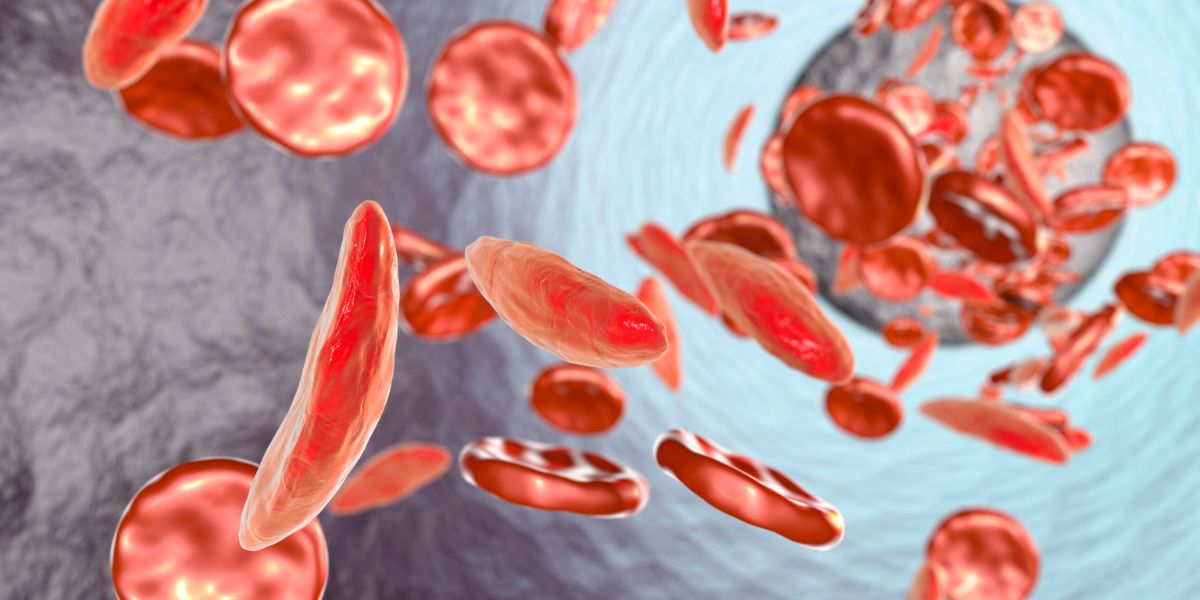Alert! Florida Governor DeSantis Signs Bill to Support Sickle Cell Disease Research
The most prevalent inherited blood condition in the US is sickle cell disease.
Treatment institutions that serve thousands of Floridians with sickle cell disease could soon get a new money infusion from the state through legislation Gov. Ron DeSantis just signed.
DeSantis gave his approval to HB 7085, which establishes the Florida Department of Health’s Sickle Cell Disease Research and Treatment Grant Program.
Under the program, funds will be given to community-based sickle cell disease treatment and research institutions by the department’s Office of Minority Health and Health Equity. The funds are intended to cover costs associated with workforce development, workforce operations, and therapy.
The law, which takes effect right away, also broadens Florida’s sickle cell registry, which was established by the Legislature the previous year, and allows people with sickle cell disease to choose to be included in it.
The general revenue fund of the state of Florida was allocated $10 million for sickle cell therapy, grants, and assistance to the Department of Health, as part of the budget year 2024–25 that was adopted by lawmakers on March 8.
The Department of Health is required by HB 7058 to:
— Make the grant monies available to the public and set up a procedure for grant proposals.
• Launch an application window by July 15 at the latest

Provide consistent guidelines for data reporting so that grantees’ performance can be assessed and health outcomes may be improved.
— Create a monitoring procedure to assess how well grant objectives are being met
Send a yearly report by March 1 to the governor, the speaker of the house, the president of the senate, and the surgeon general.
SEE MORE –
Rumor Has It: Disney Plans $17 Billion Investment in Disney World, What Amazing Will Be
Grant winners may utilize no more than 5% of the funds they receive through the program for administrative expenses.
The most prevalent inherited blood condition in the US is sickle cell disease. The disorder, distinguished by faulty hemoglobin that restricts red blood cells from delivering oxygen, affects more than 100,000 people statewide and 20 million across the globe, according to the National Heart, Lung, and Blood Institute.
Most persons who have the disease are of African descent or identify as Black, while many others who come from Hispanic, Southern European, Middle Eastern or Asian backgrounds also have it.
Sickle cell trait affects about 1 in 13 Black and African American newborns at birth; however, symptoms rarely appear. Sickle cell disease affects one in 365 Black or African American newborns at birth.
Sickle cell disease patients typically experience worsening complications as they age, and their life expectancy is still roughly 22 years less than that of the general population. However, over the last few decades, treatment has significantly improved.
SEE MORE –
Student Loan Aid “Now” – Biden Announces Additional $6.1 Billion Assistance, Hits $160 Billion Mark
This includes the two cell-based gene therapies that the FDA has approved since December, though none has been made completely available on the market.
Furthermore, it is projected that the expenses associated with the gene therapy medicines, Lyfgenia and Casgevy, could reach $2 million for each patient. Additionally, it is yet unknown if Medicaid or insurance companies will pay for the procedure.
HB 7085 was sponsored by Democratic Rep. Kelly Skidmore of Boca Raton and House Minority Leader Fentrice Driskell of Tampa. Doral Republican Sen. Ana Maria Rodriguez and the Senate Appropriations Committee on Health and Human Services sponsored companion legislation.











